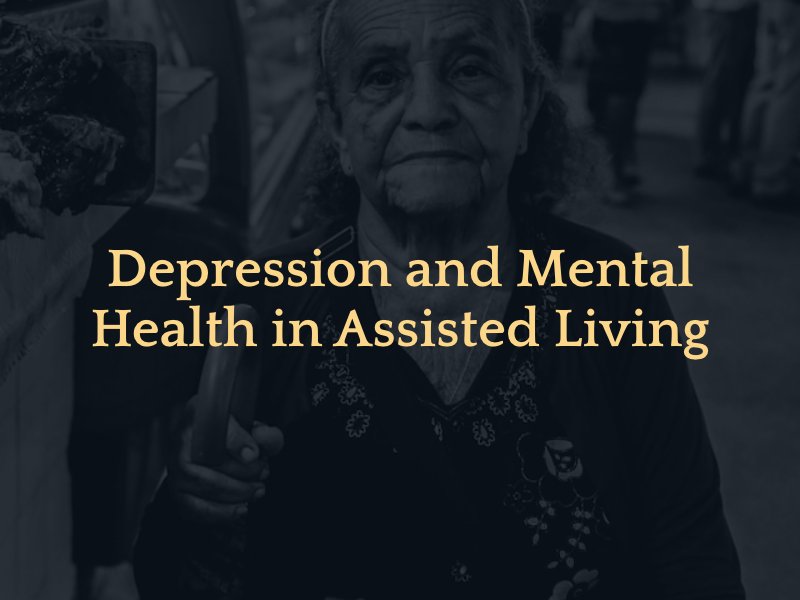Aging is not an easy process for anyone. As life expectancy increases due to healthcare advances, more and more people are living longer and enjoying more time with their family, friends, and favorite activities. Sadly, the “golden years” also commonly involve comorbidities, mobility problems, and complex medication regimens that make it difficult or dangerous for a senior to go on living alone. They may have medical needs that exceed their family’s ability to provide care or they don’t wish to burden their family members, resulting in the decision to move into an assisted living facility. These residencies are important for elderly citizens who still maintain a degree of independence and active lifestyle but require easy access to medical care and assistance with meals and social activities. Unfortunately, sometimes depression and other mental health issues can tarnish a senior’s golden years. In cases where neglect or mistreatment exacerbates these issues, seeking the help of a Phoenix elder abuse attorney can be essential to protecting your loved one’s rights and well-being.

How Common is Depression, Anxiety, and Mental Health Disorders in Assisted Living Facilities?
A clinical research study found that depression and other mental health problems are not uncommon in assisted living communities, with 60% of 221 surveyed residents reporting symptoms of depression. An older study in 2005-2006 revealed that almost 82% of adults over the age of 50 had been treated for depression in the past year compared to 64% of adults between ages 26-34 and 25% of assisted living residents with dementia reported depression. However, researchers warn that depression shouldn’t be considered a normal part of aging and should be treated as aggressively in the elderly as it is in the younger population. The suicide rate of men over the age of 75 is 37.4 per 100,000, yet elderly women are more commonly diagnosed with depression than men.
Causes of Depression and Mental Health Disorders in Assisted Living Facilities
Despite the high rate of depression in assisted living facilities, rates may be even higher among elderly seniors who are isolated in homes outside of assisted living. Most assisted living communities offer seniors engaging social activities, group outings, classes, movie nights, and regular wellness checks as well as opportunities to create new friendships and enjoy visits from family members. However, the high rates of depression, anxiety, and other mental health disorders still prevail. Depression in elderly residents of assisted living facilities commonly derives from the following factors:
- Deteriorating health
- Mobility problems
- Functional or cognitive impairment
- The loss of a spouse
- Leaving a long-time home
- The loss of friends and family members
- Perceived lack of support from living family members, friends, and previous neighbors or community members
- Feeling forced into assisted living by family members when they would have preferred to remain at home
- Retirement from an enjoyed career
- Chronic pain
Untreated depression in an elderly resident of an assisted living facility can cause decreased quality of life and lead to a physical decline.
Recognizing and Treating Signs of Depression in the Elderly
Often, signs of depression and other mental health disorders are overlooked or regarded as the normal signs of aging. Symptoms may include withdrawal from social activities, isolation, weight loss, loss of appetite, disinterest in previously enjoyed activities and subjects, decreased hygiene or grooming, and changes in mood or personality. Recognizing, evaluating, and treating depression in elderly residents in assisted living is an important but often overlooked aspect of overall geriatric healthcare. Residents should have access to helpful psychological therapies, medications, exercise programs, and support groups to treat their depression.
